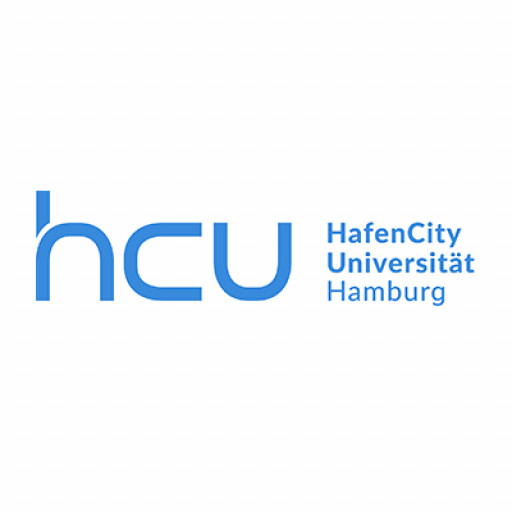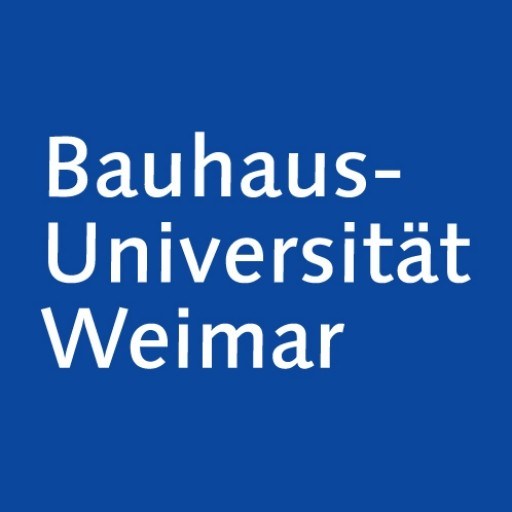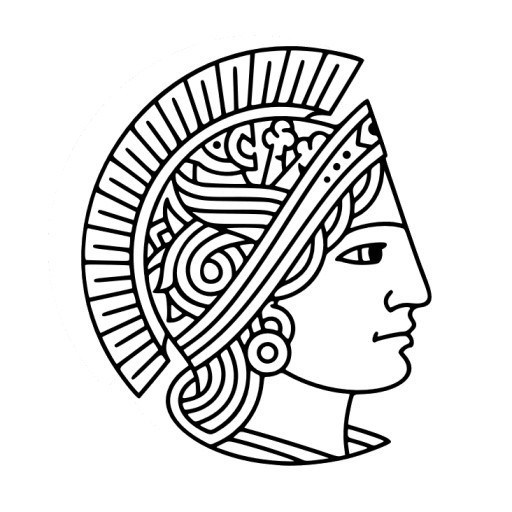Photos of university / #tu_berlin
The density, diversity of uses, design or the accessibility of destinations of the built environment has a significant influence on people's daily mobility. Coordinated city and transport planning is essential for designing the interaction of mobility and urban development in a sustainable way.
The dual Master's programme Urban Planning and Mobility focuses on the interaction between mobility, transport and the built environment as well as the role of integrated transport and land use planning.
The four semester modular programme is provided by an interdisciplinary team at both partner universities. The programme combines elements from both spatial planning and transport planning. It provides a blend of theoretical, practical and methodical competences mixed with first-hand case study experience.
Educational organisation
Students enrolled at Technische Universität (TU) Berlin study their first two semesters in Berlin and spend their remaining semesters in Buenos Aires. At TU Berlin, students select modules offered by departments from both the Faculty for Planning, Building, Environment and the Faculty for Mechanical Engineering and Transport Systems.This includes:
- Two interdisciplinary study projects
- Seminars in theories of spatial planning, mobility and transport planning
- A seminar on urban mobility in which students analyse mobility trends, their drivers and the role of planning and regulation in urban areas with an international comparative focus
In addition, students select a second individual focus in urban planning from four different subjects:
- Urban Design and "Baukultur"
- Urban Redevelopment and Integrated Urban Planning
- Global Urban Development Processes
- Spatial Planning, Law and Planning Administration
At the University of Buenos Aires, students attend one more study project and deepen their focus with seminars on urban mobility as well as the chosen spatial focus.
Students are free to choose a spatial focus for their Master's thesis under the close guidance of their supervisors.
A Spanish language course is a compulsory part of the programme.
Study abroad unit(s)
Students spend their third and fourth semester in Buenos AiresForms of assessment
Seminar papers, presentations of study projects (including designs) reports, oral and written examinationsLanguage requirements
Sufficient Spanish (CEFR B2 or equivalent), English (CEFR C1 or equivalent), and German (CEFR C1 or equivalent) language knowledge is required.Required DSH / TestDaF
YesAcademic requirements
Bachelor's degree in the field of Urban and Regional Planning or Transport Planning with a duration of at least three years or any comparable degree accepted by the examination board (simultaneous acceptance for the Master's programme in Urban and Regional Planning at TU Berlin is required)Master's degree in the field of Urban and Regional Planning, Transport Planning, Urban Design or any comparable degree accepted by the examination board
Sufficient Spanish (CEFR B2 or equivalent), English (CEFR C1 or equivalent), and German (CEFR C1 or equivalent) language knowledge is required.
Enrolment fees
300 EUR per semester. The fee includes a semester ticket covering public transport in the Berlin metropolitan area.Costs of living
Approx. 900 EUR per month to cover personal expensesJob opportunities
Limited opportunities to work as student or research assistantsThe Master's program in Urban Planning and Mobility at Technische Universität Berlin is designed to prepare students for the complex challenges of urban development, with a particular focus on sustainable mobility and urban infrastructure. This interdisciplinary program combines theoretical foundations with practical applications, equipping graduates with the skills needed to design and manage urban environments that are both efficient and environmentally sustainable. Students engage with a broad curriculum that includes urban spatial planning, transportation planning, environmental impact assessment, and policy analysis. The program emphasizes innovative solutions for mobility issues, including public transit systems, cycling infrastructure, and the integration of new technologies such as smart mobility and digital planning tools.
Throughout the course of study, students participate in case studies, project work, and internships that provide real-world experience and foster collaboration with industry partners, local authorities, and research institutions. The program promotes a holistic understanding of urban systems and encourages a comprehensive approach to problem-solving that considers social, economic, and environmental factors. Graduates are prepared for careers in urban planning agencies, transportation authorities, consulting firms, and international organizations focused on urban development and mobility issues. The program also emphasizes research and offers opportunities for students to contribute to innovative projects and policy development aimed at creating sustainable, livable cities.
The university's strategic location in Berlin offers students unique exposure to a dynamic urban environment, which serves as a living laboratory for experiential learning and practical projects. The language of instruction is primarily English, attracting international students from diverse backgrounds. Admission requirements typically include a relevant undergraduate degree, proficiency in English, and motivation to work towards sustainable urban and mobility solutions. The program duration is generally four semesters, and graduates receive a Master of Science (MSc) degree. Overall, the program at TU Berlin aims to produce qualified professionals capable of shaping smart, sustainable urban futures through interdisciplinary knowledge, innovative thinking, and practical skills.






